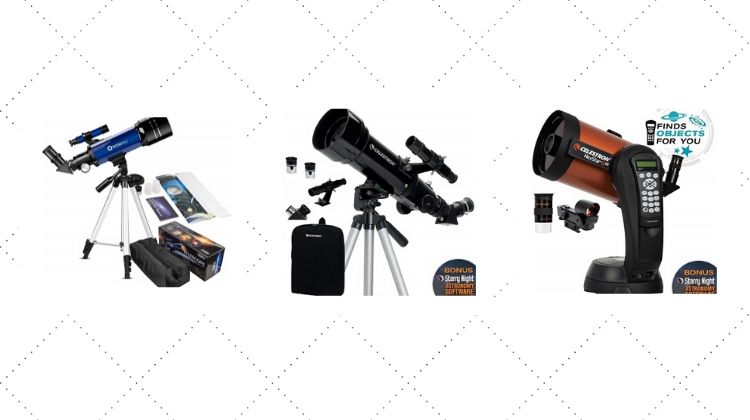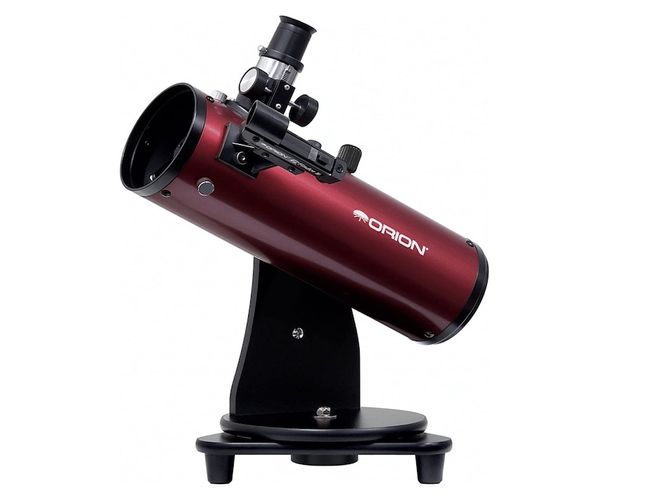

While this isn't the lightest or most compact telescope, the fully adjustable aluminium tripod is very stable, and general consensus is that setup is pretty straightforward, with two complete novices managing it in around an hour. Customers have managed to access impressively sharp views of the craters on the Moon's surface, alongside Jupiter's moons, Saturn's rings and the Andromeda galaxy. There's a 900mm focal length, f/6.92 aperture and two eyepieces (10mm and 25mm), which will enable you to check out neighbouring planets or gaze into deep space. This mid-range motorised option is accessible for beginners but with plenty of room to grow into, and delivers a lot for its reasonable price tag. Overall, we reckon that the best telescope for most people is the SkyWatcher Explorer 130M Motorised Newtonian Reflector Telescope.

If you're not fixed on a telescope, you'll find some of today's best binoculars are also suitable for watching the skies – our binoculars vs telescope for stargazing comparison should help you choose.

It's one of the best telescope brands available, with an enormous range models suitable for all experience levels, and if you choose one that seems about right for you then you're unlikely to be disappointed. It's not the only good brand out there though – read on for our pick of the best telescopes at a range of budgets.īefore we start, allow us to throw another option into the mix. Once you start reading, you'll notice that there are a lot of Celestron options included here, and with good reason. We'd suggest shelling out for the best telescope you can afford – this is a market in which too much penny-pinching will almost certainly equate to disappointing results. Unsurprisingly, the more advanced telescope will cost you more, but if you're prepared to pay then you'll be rewarded with more flexibility and better results, so you're unlikely to run out of enthusiasm as quickly as you might with a cheaper scope. Or perhaps you have more far-ranging ambitions of looking out into deep space, for which you need an advanced, computerised scope that can help you find astronomical points of interest. You might be happy with a straightforward starter scope that'll give you a clear view of the Moon's surface but not much else (in which case you might be better off with our guide to the best telescope for beginners).


 0 kommentar(er)
0 kommentar(er)
